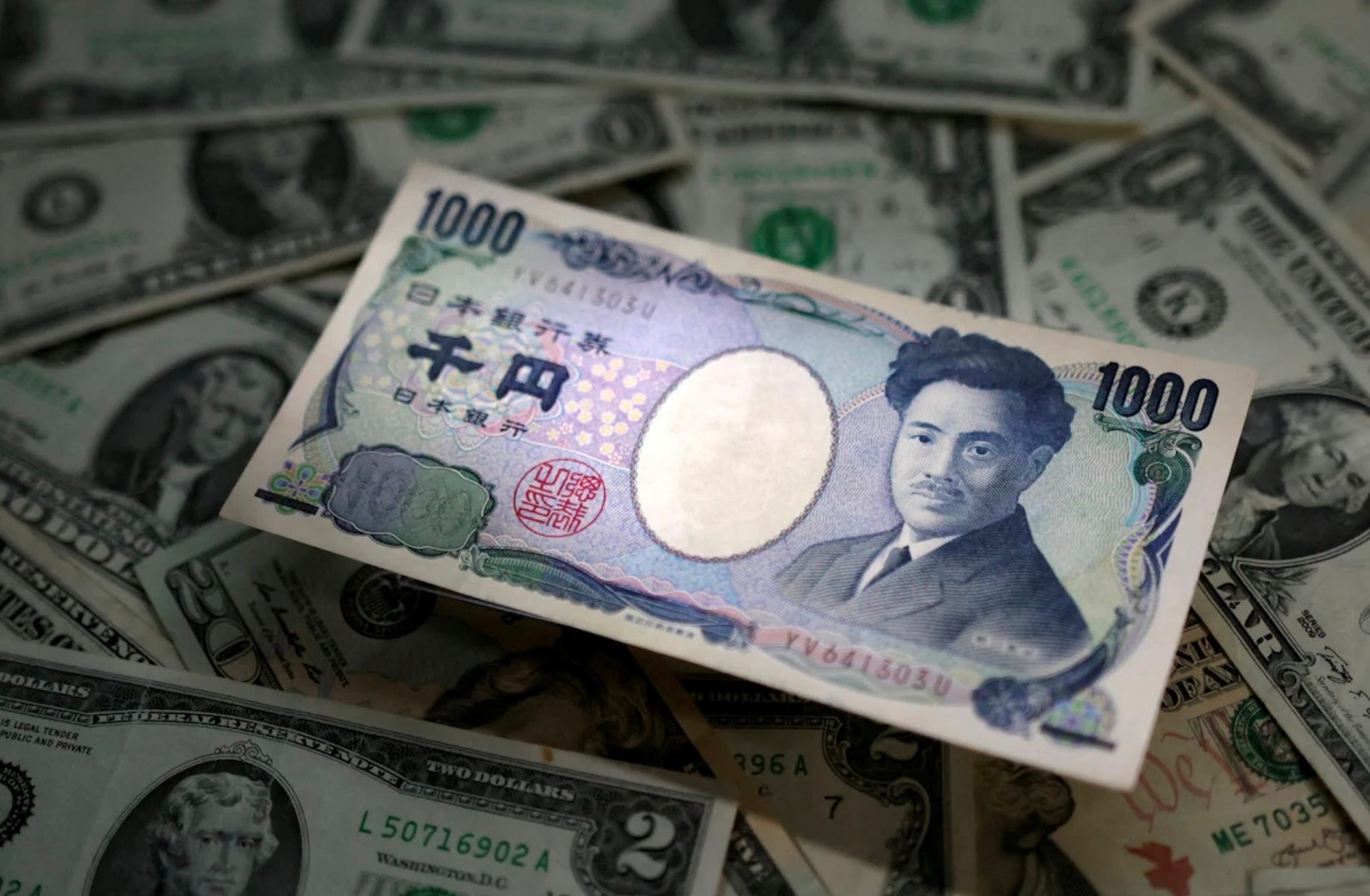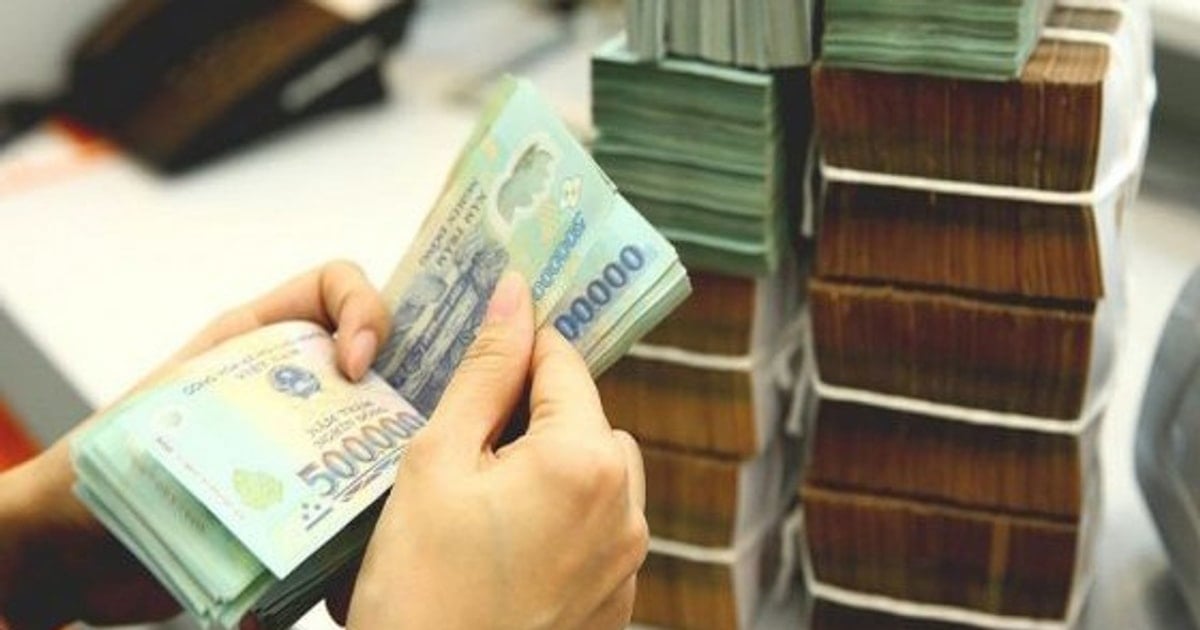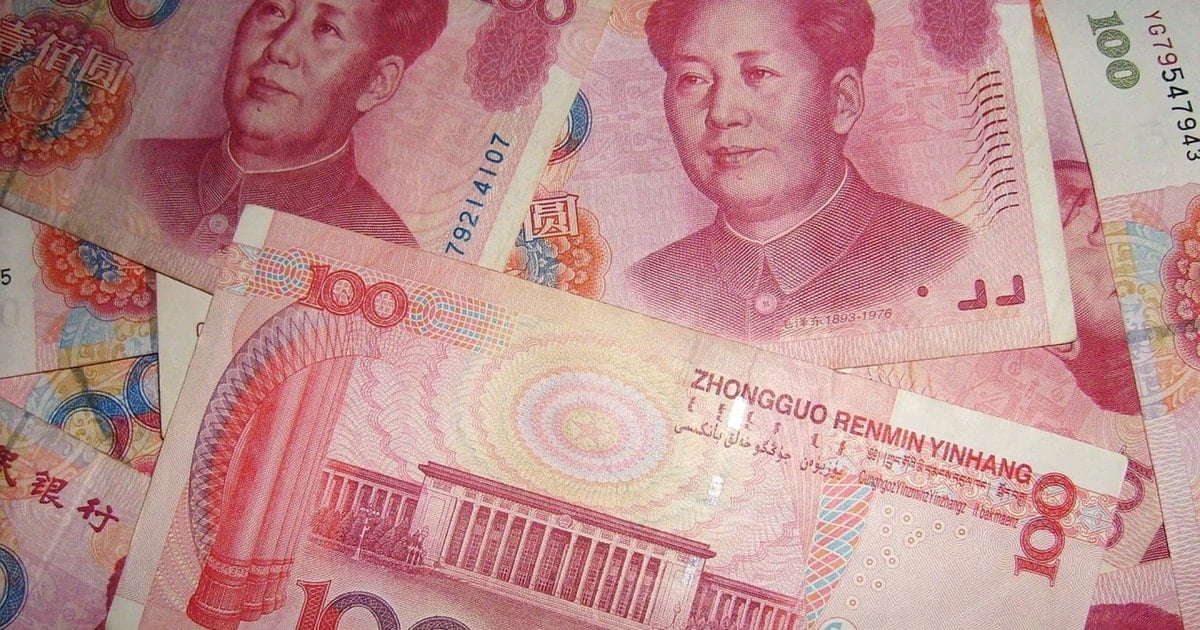On the morning of April 12, 2025, the Japanese Yen (JPY) exchange rate in the Vietnamese market was updated at 39 commercial banks, showing a clear differentiation between buying and selling prices. The average exchange rate is 1 JPY = 178.39 VND, equivalent to about 1,783,900 VND for 1 man (10,000 JPY).
In terms of buying, Eximbank is the bank with the highest price when it is ready to buy Japanese Yen cash at the exchange rate of 177.80 VND/JPY. Meanwhile, VietinBank stands out in the buying direction by transfer with the highest price in the market at 184.84 VND/JPY.
On the contrary, VIB is the bank with the lowest buying price in both forms. Cash purchase is only 167.74 VND/JPY and transfer is 169.14 VND/JPY.
On the selling side, VIB continued to lead in terms of the lowest price with 175.80 VND/JPY for cash and 174.80 VND/JPY for transfer. On the contrary, Saigonbank listed the highest cash selling price at 184.84 VND/JPY, while the highest transfer selling price belonged to OceanBank and LPBank at 186.12 VND/JPY.

The Japanese yen has strengthened against its G-10 and Asian peers. While the US announced a 90-day moratorium on tariffs announced on April 2 – except for the base 10% tariff and not on China – that was not enough to ease concerns that the US economy could be heading towards recession, according to Ray Attrill of National Australia Bank (NAB).
The yen rose 1.2% to 142.69 yen per dollar in recent trading. Attrill added that risk aversion is back, and there is no current support for the dollar. In the current foreign exchange market, he said, only the Japanese yen and the Swiss franc are seen as “true safe havens” amid global uncertainty.
Even U.S. Treasury bonds are no longer holding their ground. Among the few assets that can buck the broader market trend, the Japanese yen stands out as a potential safe haven amid global geopolitical and financial turmoil.
Historically, the Yen has enjoyed a long period of strong appreciation against the USD, starting with Japan's economic miracle in the 1960s. However, since 2010, the Yen has entered a period of weakness. The Bank of Japan's ultra-loose monetary policy to support the export-oriented economy has caused the currency to depreciate. The situation has become more evident when the US Federal Reserve (Fed) started raising interest rates from 2021, promoting the "carry trade" - borrowing Yen and investing in higher-yielding USD assets.
Despite intervention by the Bank of Japan, the yen has continued to weaken, in stark contrast to the Swiss franc, another safe-haven currency, which has appreciated. As a result, Japanese goods and services are now so much cheaper in U.S. dollars that the cost of living in Tokyo is now lower than in many major cities in Latin America.
Source: https://baonghean.vn/ty-gia-yen-nhat-hom-nay-12-4-2025-da-tang-manh-tiep-dien-10294963.html





![[Photo] Overcoming all difficulties, speeding up construction progress of Hoa Binh Hydropower Plant Expansion Project](https://vstatic.vietnam.vn/vietnam/resource/IMAGE/2025/4/12/bff04b551e98484c84d74c8faa3526e0)

![[Photo] Closing of the 11th Conference of the 13th Central Committee of the Communist Party of Vietnam](https://vstatic.vietnam.vn/vietnam/resource/IMAGE/2025/4/12/114b57fe6e9b4814a5ddfacf6dfe5b7f)















































































Comment (0)